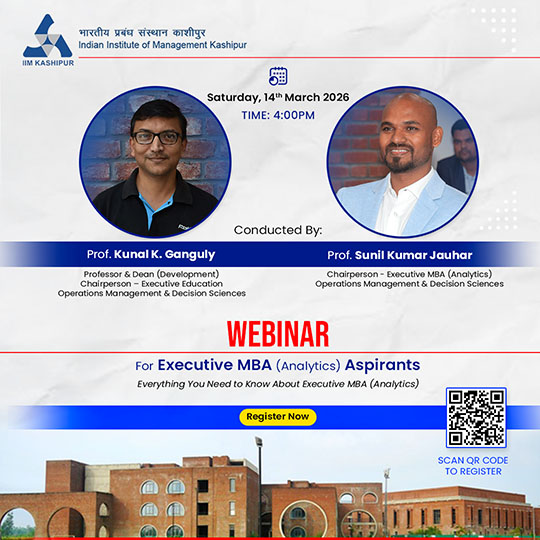Post Covid-19 Outbreak, there has been a major drift in work culture across the globe. HR leaders are expected to re-strategize the workflow, from employee planning to the management techniques; there has been an imperative need to come up with new ideas and methods to cope with the current work scenario. Covid-19 outbreak has surely impacted the industry in the worst way possible and as per the stats it will continue to have a lasting impact on the future of work.
As the pandemic resets major work trends, HR leaders are expected to plan strategically, evaluate the overall impact & then implement new strategies accordingly. As per the recent statistics, “32% of organizations are replacing full-time employees with contingent workers as a cost-saving measure “, which itself is the beginning of a new era.
In this article, we will be sharing a slew of future work trends to be followed by industries across the globe post Covid-19 outbreak.
Normalizing Remote Work Culture
A recent poll conducted by Gartner showed that 48% of employees will likely work remotely at least part of the time after COVID-19 versus 30% before the pandemic. We have witnessed a major drift in working environment where organizations have shifted most of their workflow to be operated remotely by the employees. Covid-19 has definitely made remote work culture the new normal. This digital collaboration definitely has its pros and cons. Employees are expected to be prepared to adjust their engagement strategies, considering whether and how to shift goal-based performance and employee evaluations for a remote context.
Expanded role of Employer
The pandemic has motivated
organizations to keep an employee's mental, physical & financial well-being
in check. Organizations are expected to extend support to their employees by
making work-shifts flexible, providing financial assistance to their employees
& offering support in terms of enhanced sick leaves. The current economic
façade has pushed the boundaries of how employers are viewing the experience of
employees and keeping an eye on their workflow. The organizations have started
to consider personal matters of employees in consideration, as an effective
measure to promote mental health & emotional well-being of employees.
Elaborated data collection
As per the recent analysis
by Gartner, "16% of employers have become more tech-savvy to monitor their
employees through different methods such as virtual clocking in and out,
tracking work computer usage, and monitoring employee emails or internal
communications/chat." To conclude the same, there are very few
organizations who are able to track productivity, while others are focusing
majorly on employee engagement and well-being of their employees.
Even before the Covid-19 situation, there were many organizations who were increasingly the usage of nontraditional employee monitoring tools, but the trend has officially accelerated with the arise of remote work culture.
Covid-19 outbreak has surely left a devastating impact on the economy, in situations like these HR leaders have surely up their game to keep the employees feel safe & at peace in the organizations. The workforce analytics can play a vital role, helping companies understand employees better and map their behavioral trends. Over 70% of HR executives are making strides to integrate data into everyday decision-making processes. Learn to focus on the applied methods and techniques with an output orientation for improving the human resource functions in large scale organizations with IIM Rohtak's Executive Certification Programme in HR Analytics. It is a blended learning program of 3.5 months duration. Learn about the newest trends and tools from India’s top-notch faculty and Industry Mentors.



